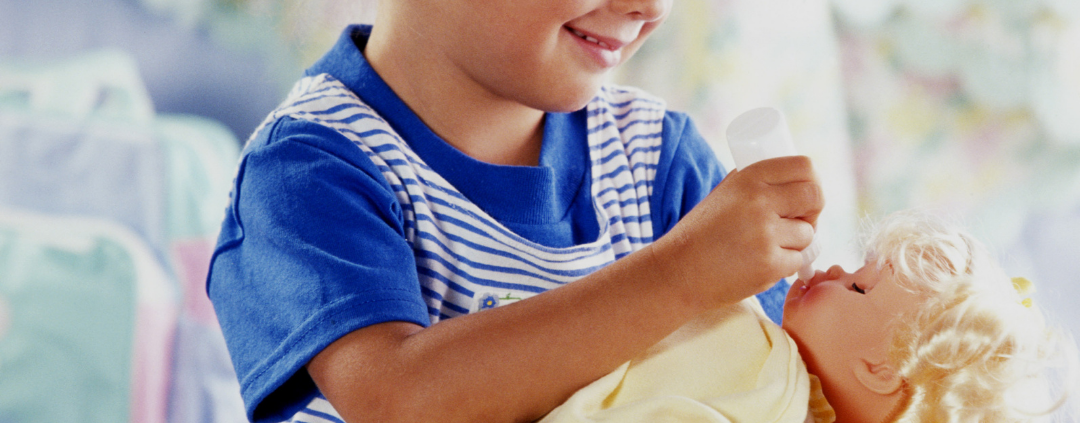I remember growing up I had my favourite dolls. One was called Chrissie and I had a lot of fun playing with her. What I didn’t realise at the time was that I was being groomed to be a mum. Chrissie was the same size as a 9-month-old baby and she was marketed that way to consumers.
Then we go to a whole new level with Cabbage Patch dolls. Remember them. Not only did you get your doll, but you also got a birth certificate and could apply to change its name and all manner of mummy things.
The language that comes with giving dolls and the interaction that young girls have is all about motherhood. You are told, “you’ll be a mummy one day”. This is pronatalist brainwashing at its most primal form.
From the moment we are born we have dolls thrust upon us. We are taught via ads on TV and the adults around us that playing with dolls is normal and we should want that. Does that sound familiar? Yeh, just like we should have kids or want to have them!!
So why are we given them at all?
A study by neuroscientists from Cardiff University says evidence shows that doll play activates brain regions that are associated with social information processing and empathy, indicating that doll play enables children to rehearse, use and perform these skills even when playing on their own. They believe it allows children to develop empathy and social processing skills more so than solo tablet play, even when playing by themselves.
Apparently, dolls encourage young girls to create their own little imaginary worlds, as opposed to say, problem-solving or building games. However you look at any child playing with a baby doll and what game are they usually playing? Right, “mums and dads”. It’s teaching them one imaginary world and pre-conditioning them to want to have kids. So I would question the hidden agenda behind this social construct. Feels like it is pronatalist agenda pushing to me.
Even though I played with dolls, (I didn’t know any different at the time) I never felt like one day I would be a mum. They didn’t make me want the life was emulating in my playtime. I was more interested in career Barbie and the world she lived in as part of my imagination and potential future life.
They say playing with dolls encourages children to think about other people and how they might interact with each other but all I see is them talking about babies and being a mummy. Again, another solo social construct.
Now I believe there is one exception to the doll rule. Her name is Barbie.
Why do I think she is different? Well, Barbie is an adult to start with. She is not a baby.
I loved playing with Barbie because through her I could be whomever I wanted to be. My favourite was playing successful career girl. My Barbie was forever getting glammed up and heading off to her high-flying career. She was smart, savvy, and successful. My Barbie was not a mother and Ken was only arm candy.
What I also like about Barbie is the inclusion of the many career Barbies now available and the Barbie’s of a different colour. Showing girls that they can do anything is so important. I love seeing vet Barbie, scientist Barbie, President Barbie, Doctor Barbie and Entrepreneur Barbie (I actually have her).
You might not agree (I know some people are very anti-Barbie) but I have always seen Barbie as a role model and to this day I love her and the empowering message her brand portrays.
Unfortunately, a doll alone is not going to overturn decades of socialization that have led us to believe that boys wear blue, have short hair and play with trucks; whereas girls like pink, grow their hair long, and play with dolls.
So the moral of this story is, to be mindful of the toys you buy young girls. Instead of the default setting of automatically buying toddlers and young girls a doll, think about the message you are sending to them.
Reinforcing pronatalism is very different from encouraging girls to be anything in life.



 https://childfreehappilyeverafter.com.au/
https://childfreehappilyeverafter.com.au/ 
